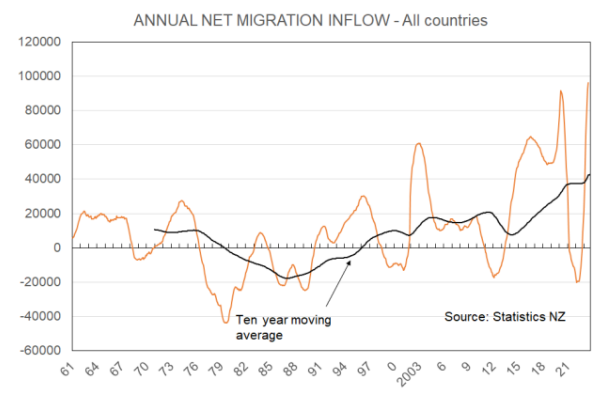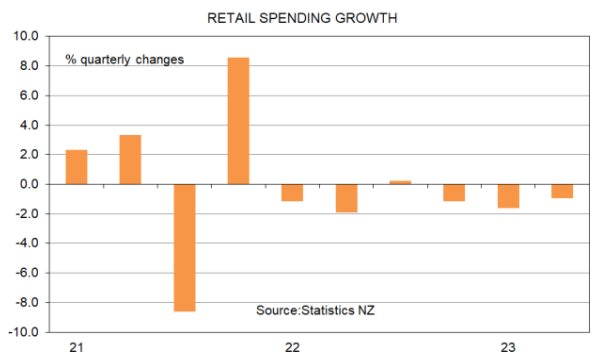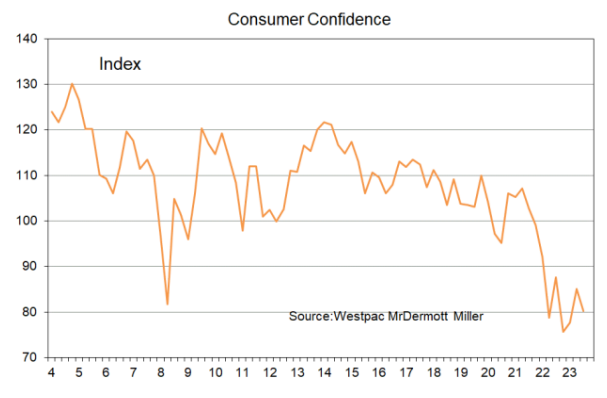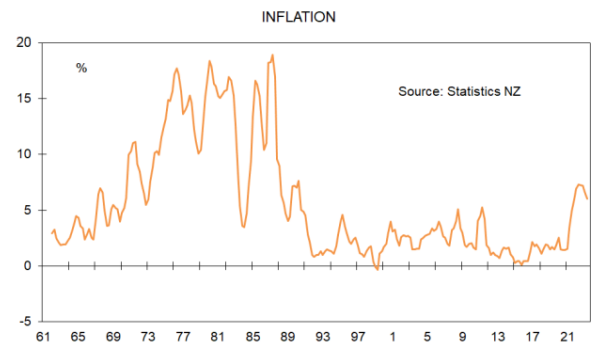Independent economist, Tony Alexander, has released a report on the New Zealand economy, which explains how the nation is experiencing an unprecedented boom in net overseas migration, which is helping to prop up demand:
“The Household Labour Force Survey told us early in August. The unemployment rate has risen from a low of 3.2% last year to now sit at 3.6%”.
“The recovery in foreign visitor numbers and re engagement of people with the hospitality sector has occurred in an environment of structural shortages of labour throughout the country”.

“Businesses have taken advantage of the change in work visa rules to bring in as many people as they can resulting in a record net migration gain in the year to July of 96,000 people. The total looks set to easily exceed 100,000 fairly soon”.
“In Australia the anticipated gain of 400,000 this year is already at 450,000 and set to exceed 500,000 so we are not unique in experiencing a post-pandemic population boom”.
Despite this surge in population growth, New Zealand consumer spending is falling amid crumbling confidence:
“Retail spending volumes fell 1% in the June quarter after falling 1.6% in the March quarter, and 1.1% in the December quarter last year”:

“Household spending has fallen as consumer confidence has plumbed deep depths. Last week we learnt that the Westpac McDermott Miller
consumer sentiment index had weakened to a reading of 80.9 where 100 is neutral”.
“Households are being hit by above average debt servicing costs, an 18%+ jump in the cost of living over the past three years”.

“Low consumer sentiment alongside high interest rates in particular suggests bad times continuing for retailers through to late next year”.
The above poses a dilemma for the Reserve Bank, which is trying to balance high inflation with the crumbling household spending and confidence:
“The high cost of living increase is broadly represented by the inflation rate which currently sits at three times the average for the three
decades after 1991 at 6% from a peak of 7.3% last year”:

“Because there remains extreme uncertainty regarding the speed with which inflation declines in a post-pandemic environment with structural labour shortages and the effects of excessively stimulatory fiscal and monetary policies during the pandemic, relief for borrowers from high interest rates may take a long time coming”.
“Interest rates will remain a drag on the economy over the coming year but won’t stop the housing market registering further gains to follow the 2.1% nationwide rise in average prices over the past three months”.
Much like Australia, the Reserve Bank of New Zealand is fighting a ‘burnout economy’.
That is, while the Reserve Bank has its foot planted firmly on the brake via its aggressive interest rate rises, the government has its foot planted on the accelerator juicing demand via record levels of immigration.
The ultimate result will be interest rates remaining higher for longer and more suffering for New Zealand households.

